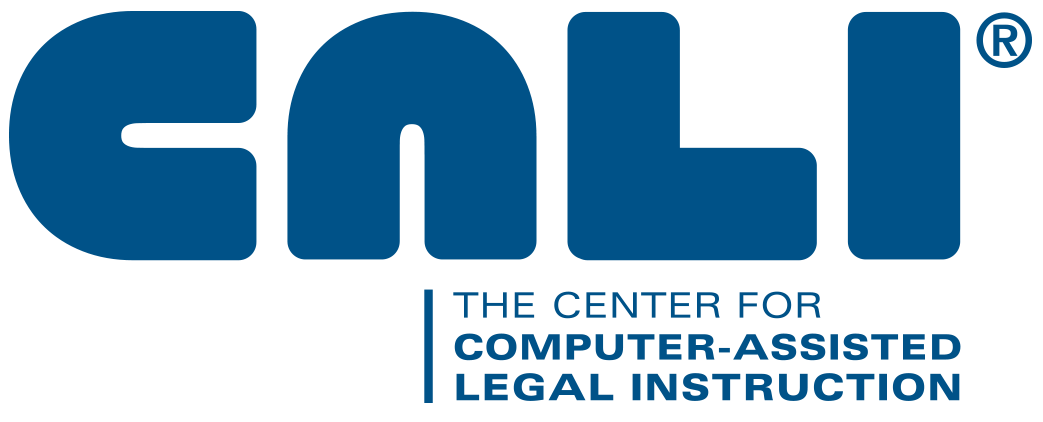Learning Objectives
In order to adequately participate in the course project, students will need to have an understanding of substantive and procedural law related to their project. Additionally, students will gain skills in legal research, problem-solving, and written and oral communication in the legal context. Some resources below offer a sample of materials from specialized areas of law that have been taught in A2J courses, including health rights and domestic relations.
Lucie White, Subordination, Rhetorical Survival Skills, and Sunday Shoes: Notes on the Hearing of Mrs. G., 38 Buff. L. Rev. 1 (1990).
Lucie White contends that Goldberg v. Kelly suggests “the Nation’s basic commitment” to provide “procedural justice” to all individuals within its borders. Equal and just treatment under our justice system requires of us an ongoing pursuit of “procedural justice,” which implies the removal or minimization of procedural barriers that hinder access to the courts. White presents the pursuit of procedural justice as necessary to the ultimate goal of stronger and more meaningful opportunities for participation in the justice system.
Goldberg v. Kelly, 397 U.S. 254 (1970).
This 1970 SCOTUS ruling held that the Due Process Clause of the 14th Amendment requires an evidentiary hearing before a recipient of certain government benefits can be deprived of such benefits. While an individual is not always entitled to a trial in such circumstances, he or she is entitled to an oral hearing before an impartial decision-maker, the right to confront and cross-examine witnesses, and the right to a written opinion setting out the evidence relied upon and the legal basis for the decision.
ABA Model Rule of Professional Conduct, 1.14: Client With Diminished Capacity with Comments
Flowers, Gorin and Swain, A Clinical Practitioner’s Guide to Social Security Benefits (2010).
Ellman, Dinerstein, Gunning, Kruse and Shalleck, Lawyers and Clients, Ch. 2, Connection Across Difference and Similarity (2009).
Mathews v. Eldridge, 424 U.S. 319 (1976).
This case balances against Goldberg v. Kelly, and indicates that the Court still limits the extent to which procedural due process may outweigh the Court’s interest in efficiency. Ultimately, the Court held that due process is “flexible” and requires only “such procedural protections as the particular situation demands.” In some instances, as in this case, procedural safeguards can adequately uphold due process requirements without granting the petitioner a hearing.
USCIS Guide to Naturalization (March 2012).
The U.S. Citizenship and Immigration Services (USCIS) created this guide to provide useful and consistent information to people interested in naturalization. Naturalization is the manner by which a person not born in the U.S. voluntarily becomes a U.S. citizen.
Appellee’s Answer Brief, Florida Dept. of Health v. Miguel Mora Rodriguez, Case No. 1D07-3323 (Fla. 1st DCA 2007).
Peter Margulies, The Mother with Poor Judgment and Other Tales of the Unexpected: A Civic Republican View of Difference and Clinical Legal Education, 88 Nw. U. L. Rev. 695 (1994).
This article presents civil litigation assistance from the perspective of “civic republicanism,” Margulies’ preferred term for open mindedness, flexibility, and lack of bias for lawyers when approaching new clients. Margulies also promotes the benefits of clinical legal educations, and expounds on a few best practices to be reinforced by clinical education.
Florida Rules of Professional Conduct, Rule 4-1.2 with Comments
Togstad v. Vesely, Otto, Miller & Keefe, 291 N.W. 2d 686 (Minn. 1980).
In this case, the Supreme Court of Minnesota affirmed a ruling by the trial court that a lawyer was negligent in informing the plaintiff that no viable medical malpractice suit could be brought where the plaintiff’s husband suffered severe paralysis as a result of a procedure that restricted blood flow to his brain. The defendant did not perform the minimal research an ordinarily prudent attorney would before rendering an opinion as to the viability of the claim as well as failing to inform the plaintiff of the two year statute of limitations for medical malpractice.
Florida Statutes, Ch. 744
Florida Statutes (2013), Domestic Relations, Guardianship
Idaho Legal Aid’s Senior Legal Guidebook
This helpful guidebook addresses several important legal topics that are pertinent to seniors. Among other things, this guidebook provides information on Medicare and Medicaid, Social Security, veterans’ benefits, nursing homes and other residential facilities, and managing personal affairs, including a durable power of attorney for health care.

